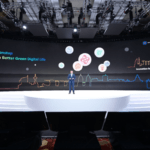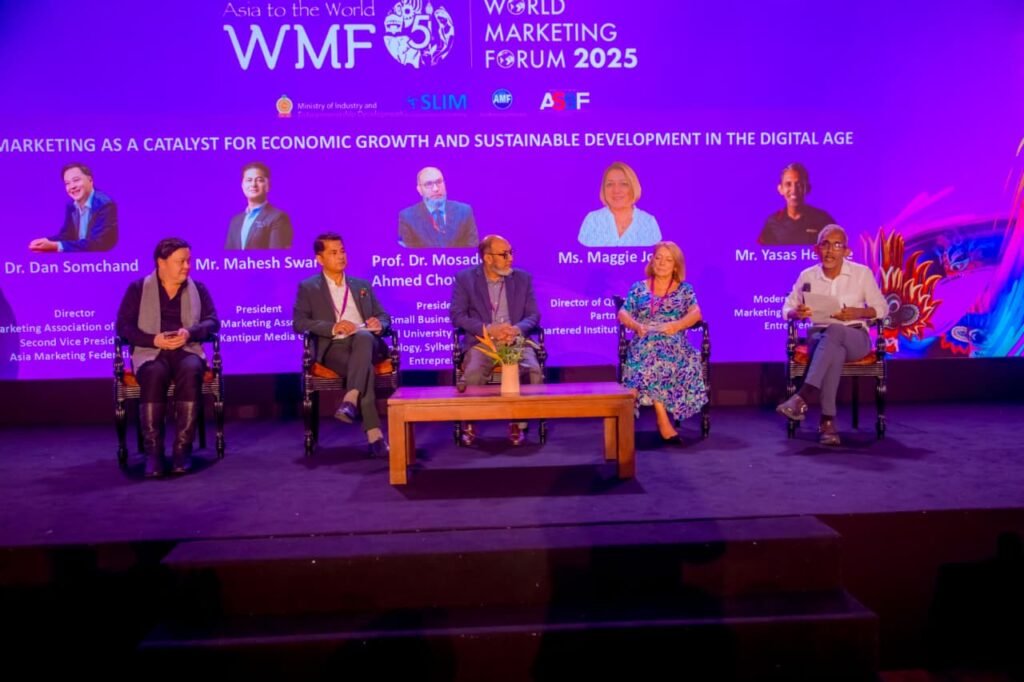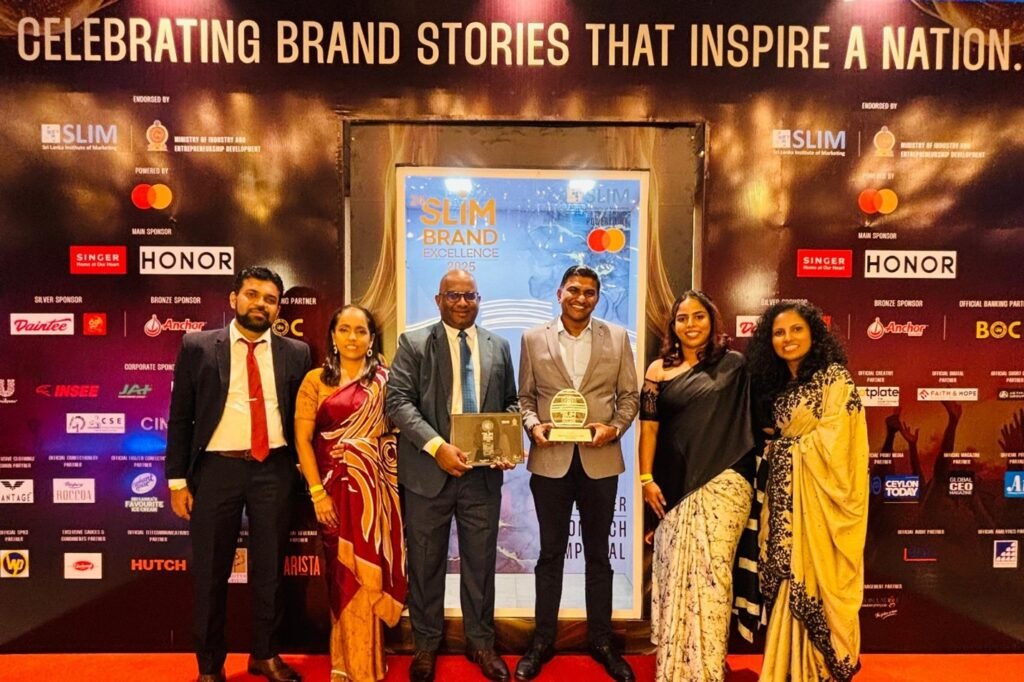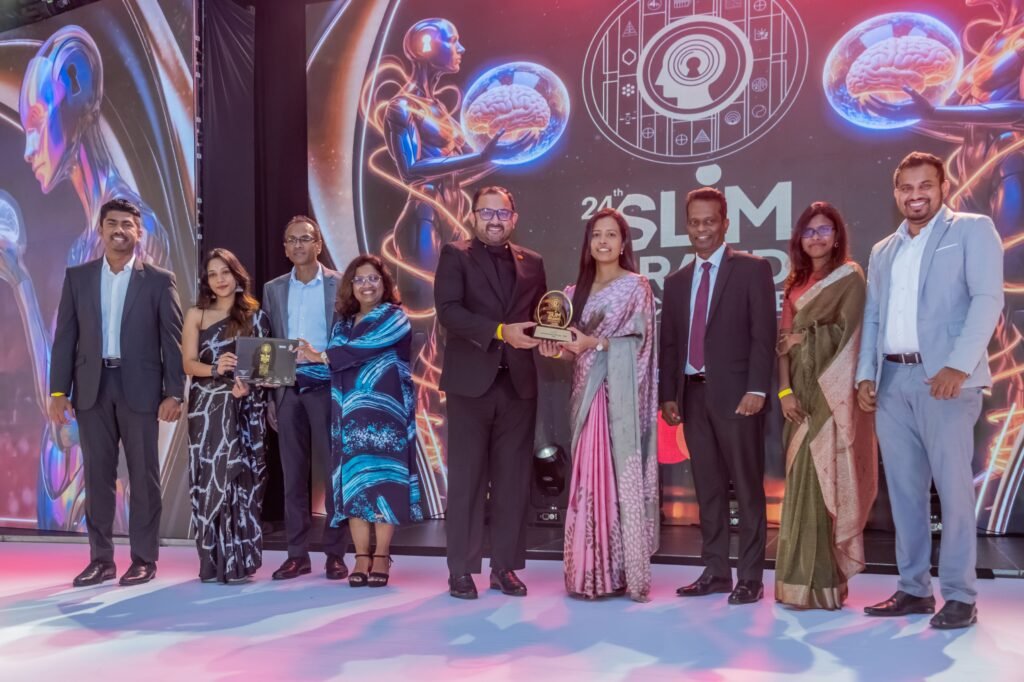SLIIT is recognised as an institute that showcases a culture of research, providing a supportive context in which research is uniformly expected, discussed, produced, and valued.
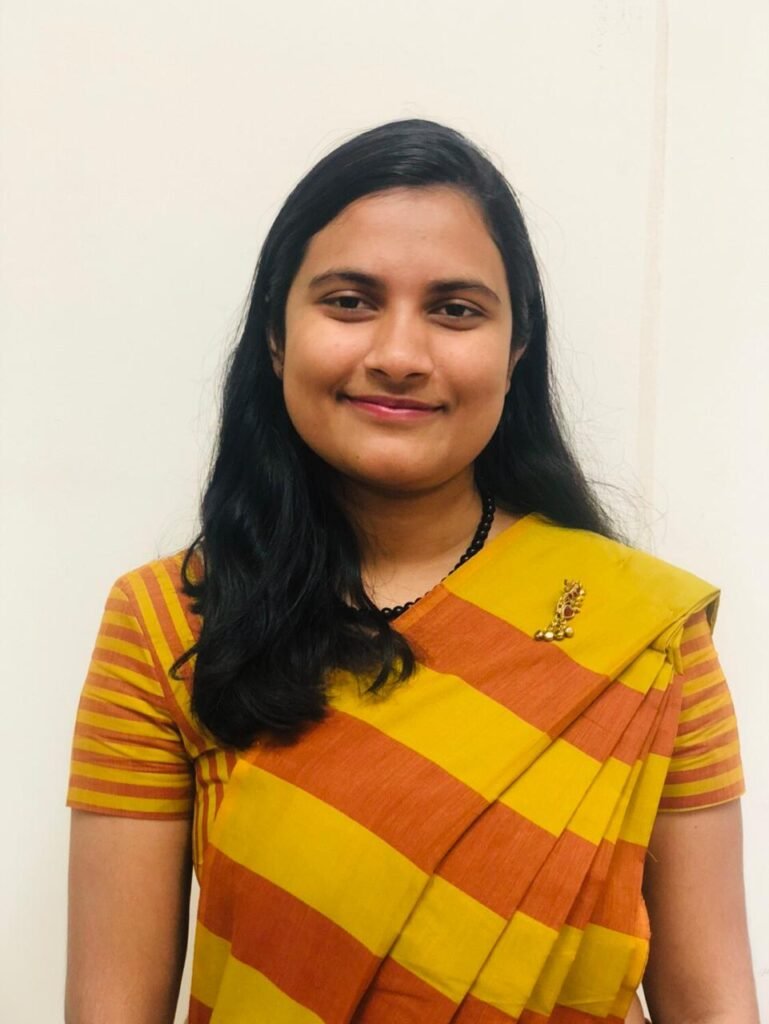
Contributing to SLIIT’s research outputs is Nilmini Rathnayake, Lecturer, Department of Business Management, SLIIT Business School, who has earned the high distinction of being the latest SLIIT Academic to achieve success in publishing research in the high-ranking Journal.
Ms. Rathnayake has completed a B.Sc. Public Management (Special) degree (With a First Class and a Gold Medal) from the University of Sri Jayewardenepura and is currently reading for her MPhil also at the University of Sri Jayewardenepura. In conversation, she shares her views and experience on publishing her research.
Q: Please explain your research topic and the rationale in choosing it?
A: My topic was ‘How Do Different Types of University Academics Perceive Work from Home Amidst COVID-19 and Beyond?’.
The Work From Home (WFH) concept was introduced to Sri Lanka during the Covid-19 outbreak, and it was a novel experience for university academics also.
Based on this exposure, I believe SL Higher Educational Institutions (HEIs) can formulate policies on effective working models for academics to realise the potential from lessons learned and use them beyond the pandemic also.
This experience will also enable the country to move towards the fourth Sustainable Development Goal – Quality Education.
Notably, I did not find quality research articles related to this area in high index journals which also contributed to the rationale of conducting this research.
Q: In your view, what would be the practical application of your research?
A: The hybrid working model can be introduced by reaping the benefits of WFH based on different types of academic orientation and favourability towards the WFH. This study revealed that some academics have more orientation towards teaching, some towards research, and others towards knowledge disseminations.
By identifying their dominant domains and their teaching disciplines, HEIs have the flexibility to arrange effective policies acquiring the benefits from both online and offline concepts rather than reverting to a fully physical academic working environment as before.
The digital revolution, the switch from physical work to online platforms, has created plausible causes for optimism. Thus, the pandemic being a blessing for the HEIs and the university academics in developing countries. It has opened the path to internationalise our education system with the best global practices.
Therefore, our research has been impactful to society and different stakeholders.
Q: What was your achievement in relation to the H Index?
We were able to publish a paper with an 85 H-index and Scopus top 16% category. This means the acceptance rate of top-tier journals, less than 16%. Publishing such a paper is a remarkable achievement in one’s academic career.
Q: Do you believe SLIIT offers a conducive environment for research?
I am indebted to SLIIT Chancellor, Prof. Lakshman L. Ratnayake, Vice-Chancellor Professor Lalith Gamage, Deputy Vice-Chancellor, Dr. Nimal Rajapakse, Prof. Rahula Attalage, Dean Faculty of Graduate Studies, for the support and guidance extended to carry out high-quality research.
Prof. Samantha Thelijjagoda, Dean, SLIIT Business School, has been instrumental in taking initiatives to create a research-driven culture within the faculty. My thanks also to Dr. Nisha Jayasuriya, Head of the Department, and the SBS staff members who supported my endeavour.
I am honoured and proud of having this achievement, a big part of the credit should go to my MPhil research supervisors – Prof. Janak Kumarasinghe and Prof. Sisira Kumara, from the University of Sri Jayewardenepura.
Q: Words of advice to students and academics in the research field?
As an academic, I had a passion to work towards sustainability goals. It influenced for doing this study.
It took nearly 6 months to draft this paper with the support of supervisors. After submitting the article to the journal, I received insightful comments from reviewers, with two rounds of revisions.
It was a great experience that I received as an academic. I can now use this knowledge when I engage with future research.
I encourage university students, and academics to Publish in high index journals. Despite the hard work, the experience was empowering while contributing to extra value addition to our careers.
The full article can be read on : https://www.mdpi.com/2071-1050/14/9/4868/pdf?version=1650343739


